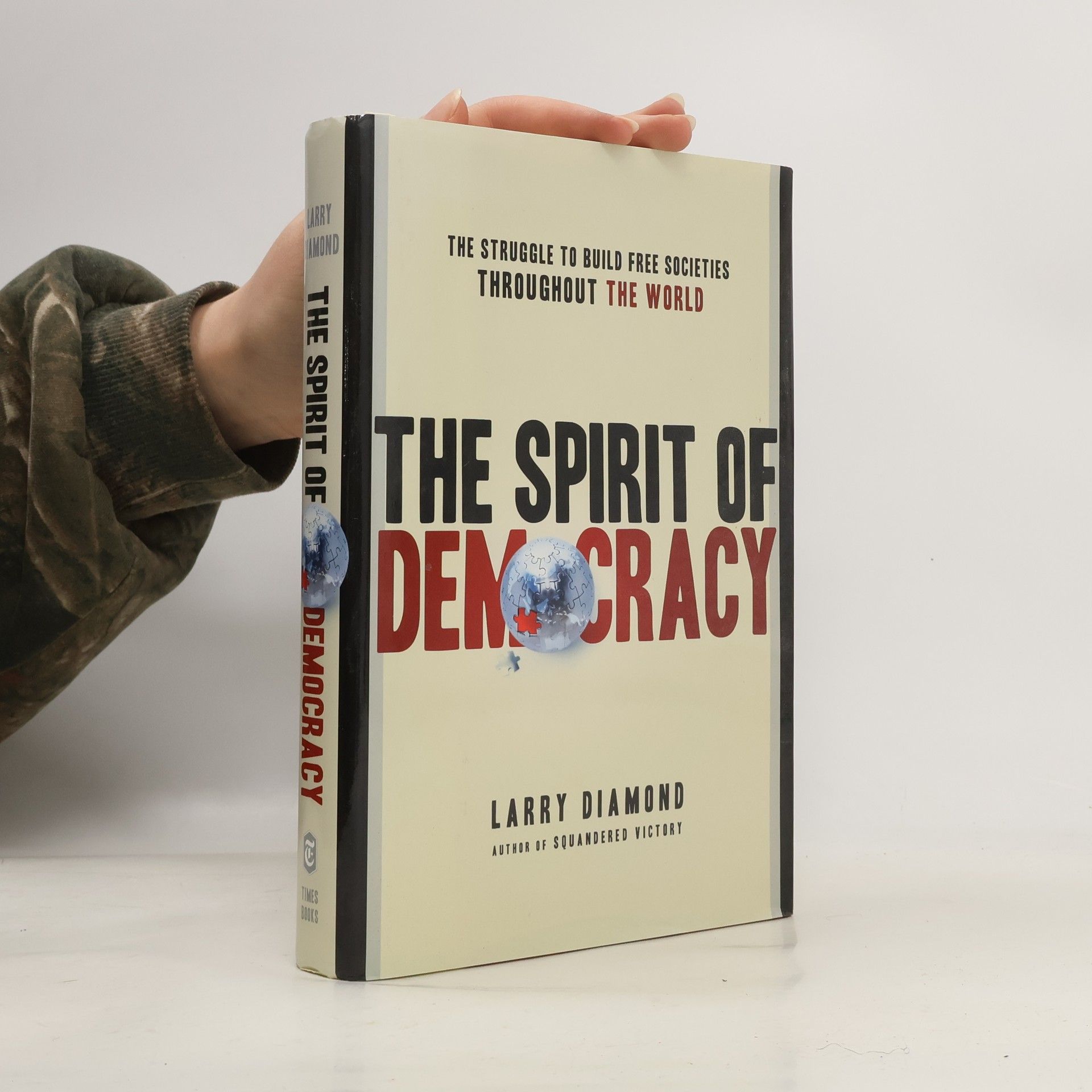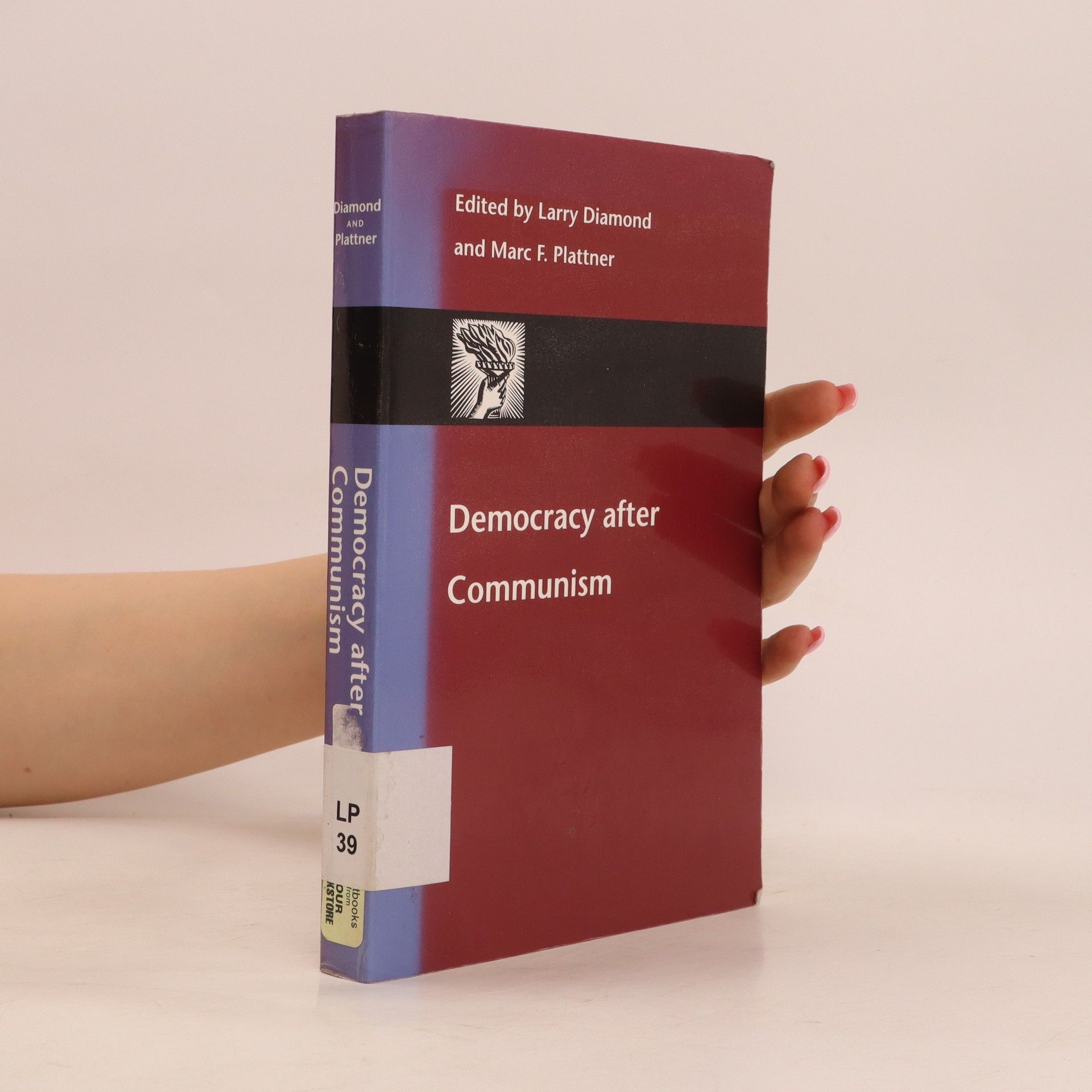Ill Winds
- 384 Seiten
- 14 Lesestunden
From a leading scholar of democracy comes a passionate call to action against the rising authoritarianism threatening global liberty. Larry Diamond has dedicated his life to securing democracy's future by understanding its past and advising dissidents worldwide. He has observed with concern the rise of illiberal rulers in Hungary, Poland, Turkey, and the Philippines, as well as the assertiveness of China and Russia. The election of Trump marked a turning point, as the retreat from freedom spread from the margins of democracy to its core. The core argument emphasizes that the defense and advancement of democratic ideals depend on U.S. global leadership. If the U.S. fails to reclaim its role as a cornerstone of democracy, the current authoritarian surge could escalate, enabling figures like Putin and Xi to transform the twenty-first century into a period of despotism. We stand at a crucial juncture in history, balancing between a new era of tyranny and a potential democratic revival. Free governments can uphold their values, and free citizens can assert their rights. The text offers concrete, informed strategies to combat polarization, diminish the influence of money in politics, and ensure every vote counts. In 2019, the ultimate defense of freedom remains "We the people."



